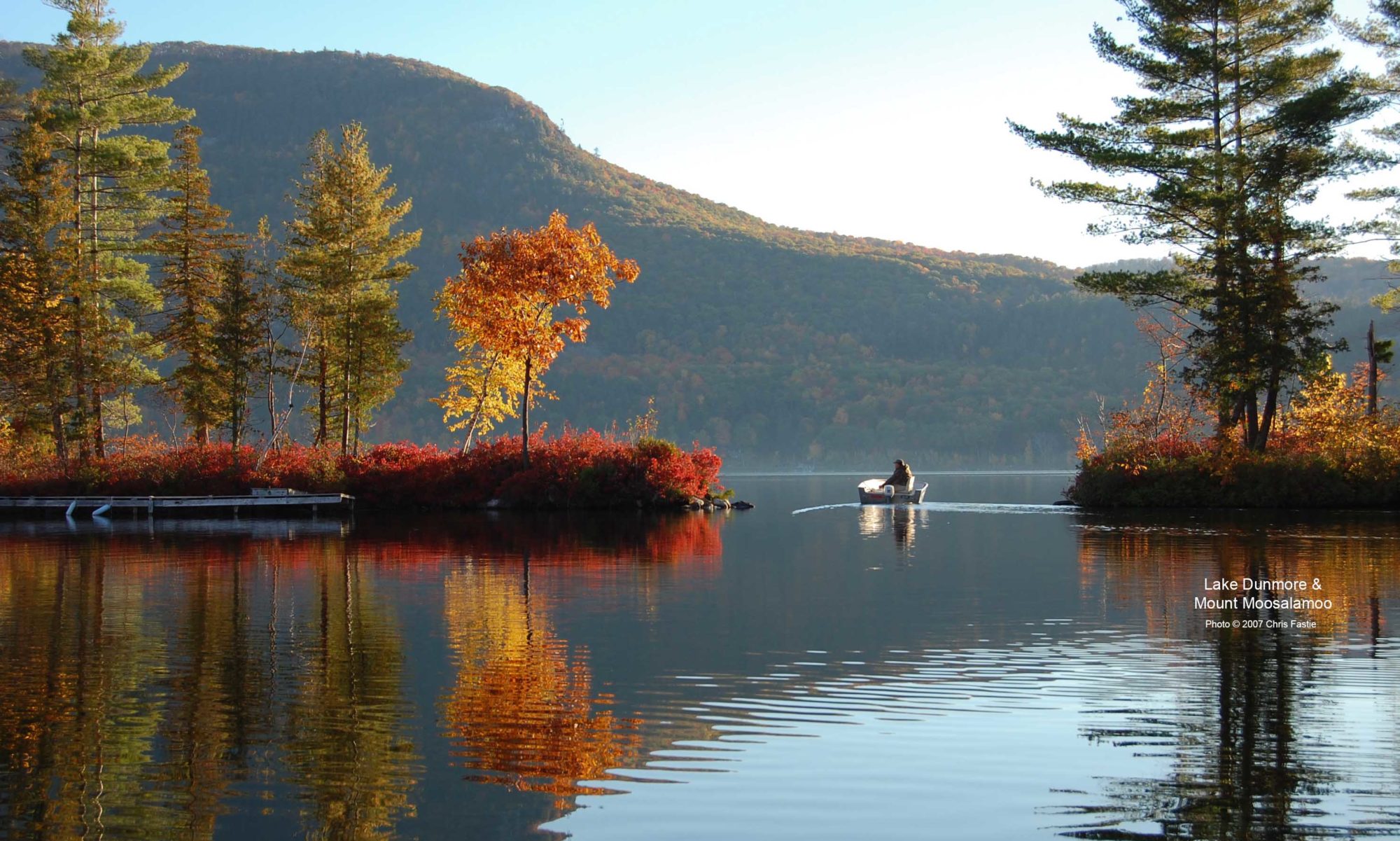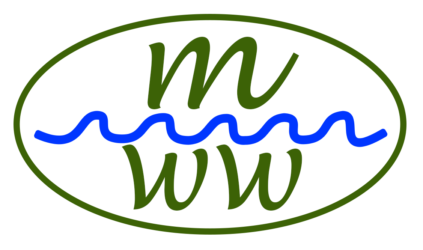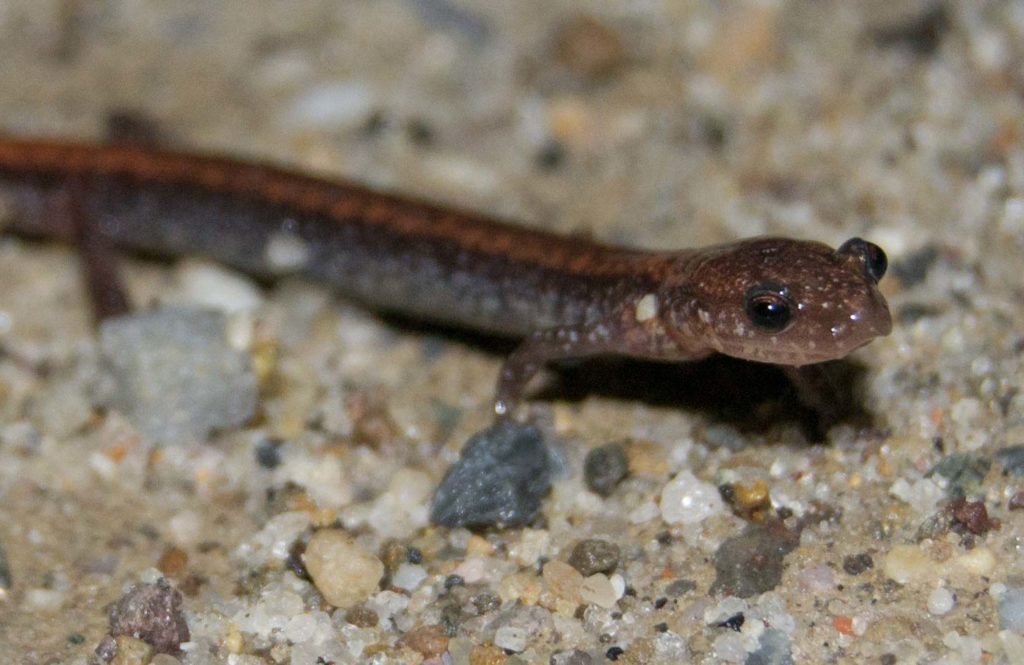I think a lot of people were surprised at yesterday’s Town Meeting in Salisbury. Our Moderator, Wayne Smith (one of five people present who have lived in Salisbury for more than 50 years), moderated a 20 minute discussion on Article 11 about whether to approve funding for BLSG. Moderator Smith warned us first that a lot of people might have something to say. Select Board Chair, Paul Vaczy, implored us to be civil and respect our neighbors’ ideas during the discussion. At least 11 people stood, held the microphone, and presented their opinion or question on the issue.



